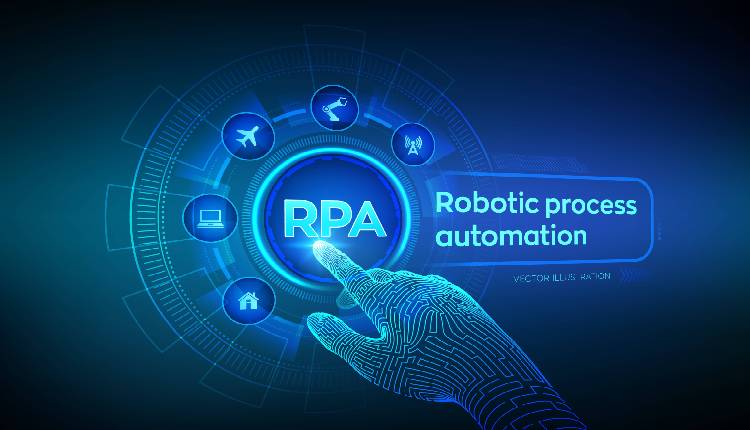
Driving Eco-Friendly Operations: The Role of RPA in Sustainable Business Practices
By Udit Agarwal

As businesses worldwide pivot towards sustainability, Robotic Process Automation (RPA) has emerged as a key enabler in achieving eco-friendly operations. With global sustainability goals intensifying, companies are adopting to reduce energy consumption, minimize waste, and improve resource efficiency. According to a report by Deloitte, organizations that integrate automation can lower their operational carbon footprint by up to 30%, underscoring its potential to foster environmentally conscious practices.
This blog explores how contributes to sustainable business operations, highlighting its key benefits and real-world applications.
Reducing Energy Consumption
Benefits
Traditional processes often involve manual and paper-based workflows, which can be resource-intensive. By automating these processes, it reduces the energy and resources consumed. For instance, bots work continuously without requiring breaks, optimizing operational efficiency and eliminating unnecessary resource usage.
Real-Life Example
A multinational corporation used to automate its data entry processes, which previously relied on extended employee hours and high energy usage. Automation cuts energy consumption by 20%, significantly decreasing their carbon footprint.
Minimizing Paper Waste
Benefits
Paper-intensive industries like finance and legal can transition to digital workflows through RPA. Automating document handling, invoicing, and reporting eliminates the need for physical documentation, promoting a paperless office environment.
Real-Life Example
A European bank implemented to automate customer onboarding, replacing physical forms with digital alternatives. This initiative saved over 1,000 reams of paper annually, aligning with their sustainability goals while enhancing operational efficiency.
Optimizing Resource Utilization
Benefits
It helps businesses streamline operations by identifying inefficiencies and reallocating resources more effectively. For example, automated workflows can reduce the overuse of utilities, such as electricity and water, in manufacturing and logistics processes.
Real-Life Example
A logistics company adopted to optimize its route planning and delivery schedules. This automation reduced fuel consumption by 15%, demonstrating how digital transformation can bring tangible environmental benefits.
Enabling Sustainable Supply Chains
Benefits
In supply chain management, it aids in tracking and monitoring resources, ensuring sustainable procurement practices. Automation allows for better inventory management, reducing waste and avoiding overproduction.
Real-Life Example
An international retailer utilized RPA to automate inventory monitoring. The system flagged surplus stock early, allowing the company to adjust production schedules, thereby reducing material waste by 25%.
Enhancing Employee Productivity for Sustainability Goals
Benefits
It frees employees from mundane tasks, enabling them to focus on innovative projects aligned with sustainability. Organizations can allocate more human resources toward eco-friendly initiatives by automating repetitive processes.
Real-Life Example
A technology company deployed to handle back-office operations. With the time saved, their employees focused on developing energy-efficient product solutions, contributing to the company’s sustainability agenda.
Compliance with Green Regulations
Benefits
Adhering to environmental regulations is critical for sustainable business practices. RPA ensures compliance by automating reporting and auditing processes, reducing the risk of penalties, and enhancing transparency.
Also Read: How Automotive eCommerce Platform Development is Reshaping car sales and services
Real-Life Example
An energy company implemented to automate its environmental compliance audits. The bots generated accurate, real-time reports, ensuring adherence to green standards while cutting auditing costs by 40%.
The Synergy Between RPA and Sustainability
As businesses increasingly recognize the importance of sustainability, RPA offers a scalable and cost-effective solution for integrating eco-friendly practices. Companies can reduce their environmental impact by automating resource-intensive processes while maintaining profitability.
The fusion of RPA with technologies like artificial intelligence (AI) and the Internet of Things (IoT) further amplifies its potential. For example, IoT sensors can provide real-time data on energy usage, and RPA bots can analyze and optimize this data to implement energy-saving measures.
Conclusion
RPA is more than a tool for operational efficiency—it drives sustainable innovation. By reducing energy consumption, minimizing waste, and optimizing resource utilization, it supports businesses in achieving their environmental goals.